All the Google products rumoured to be launching in 2017
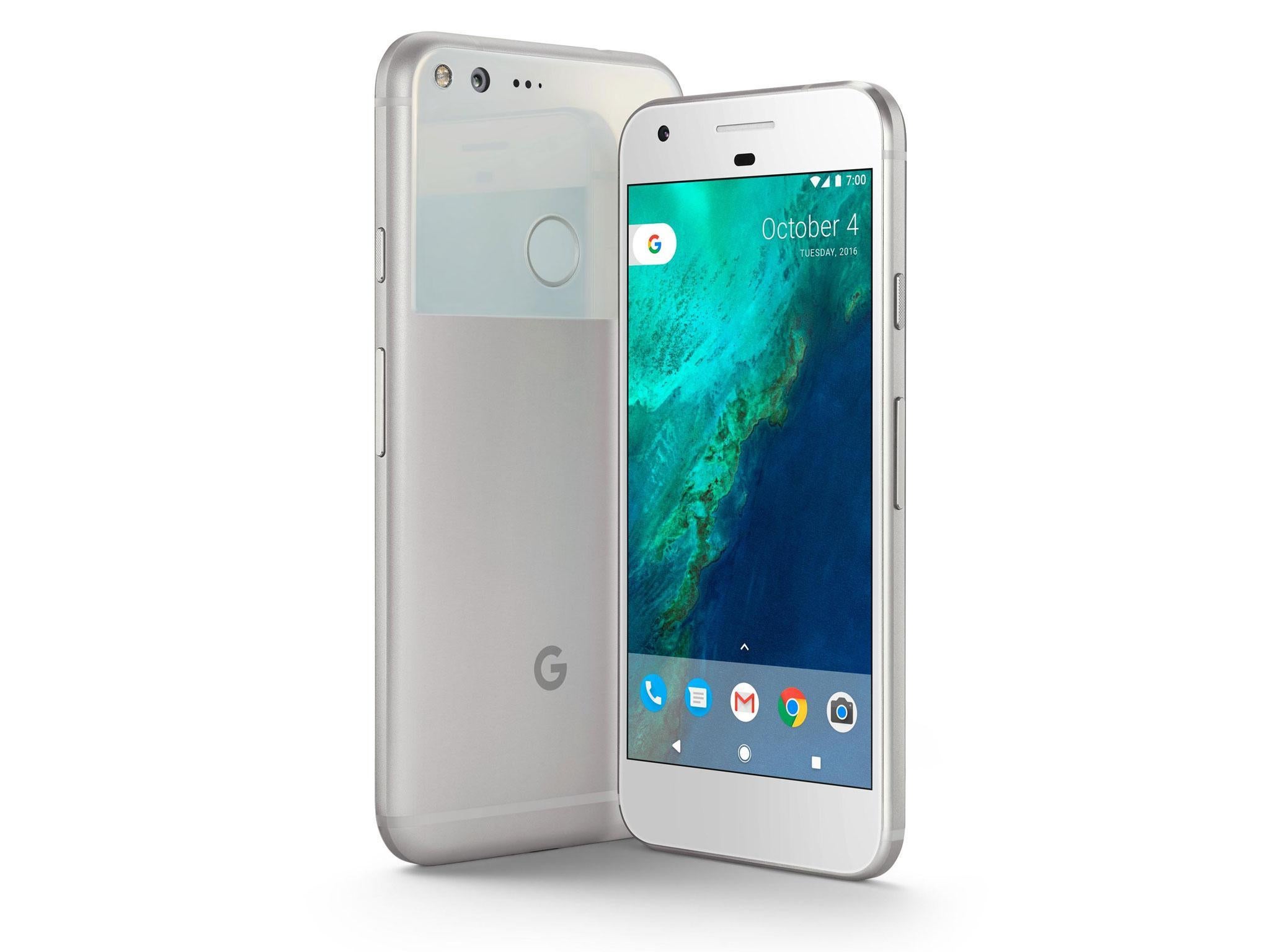
For years, Google was happy to be a software company.
It built the apps and services by other companies on their devices, and it the model worked well for Google. Its search engine is overwhelmingly the most popular way to find information online. Its mobile operating system, Android, is on more than two billion devices worldwide.
But that's no longer enough.
The Californian technology giant is now increasingly developing its own hardware products, from high-end smartphones to AI-powered smart speakers designed to control your home. 2016 was the year Google really began to move into the hardware space, and it intends to double down on those initial efforts in 2017.
While Google, like many other tech companies, rarely talks about unannounced products, leaks and rumours still give us a glimpse at what it has in the pipeline.
Here's a run-down on everything we think Google is planning to unveil this year ...
A virtual reality headset
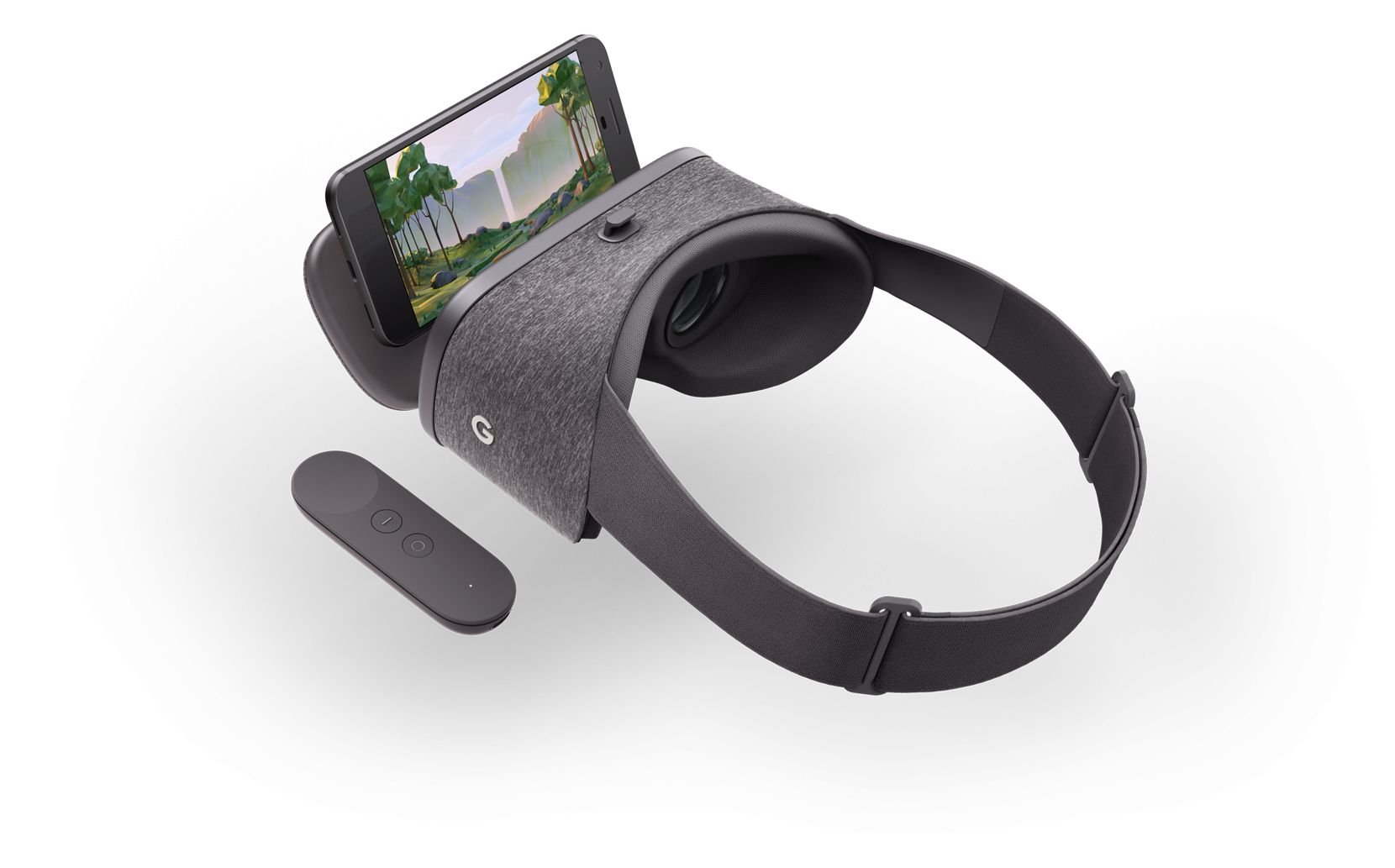
Google has been tinkering with virtual reality for years. First it had Cardboard, a super-budget version of VR that let users build a headset with nothing but their phone, two lenses, and a cardboard box. Then last year, it unveiled Daydream ... which is basically the same as Cardboard, but with a fancier headset to put the phone in, a remote control, and some minimum technical requirements.
But earlier in May, at its annual I/O developers' conference, it announced something much more exciting: A standalone virtual reality headset.
It's working with partners HTC and Lenovo to build headsets (they'll each release their own), and it's slated to come out at an unspecified date later this year, costing in the "mid-hundreds range." It's a big deal — VR headsets have typically required expensive gaming computers to run. But Google's new headset won't require any other device to function.
If successful, it could be a big step in the slow march of virtual reality into the mainstream, so watch this space closely.
The Pixel 2 smartphone
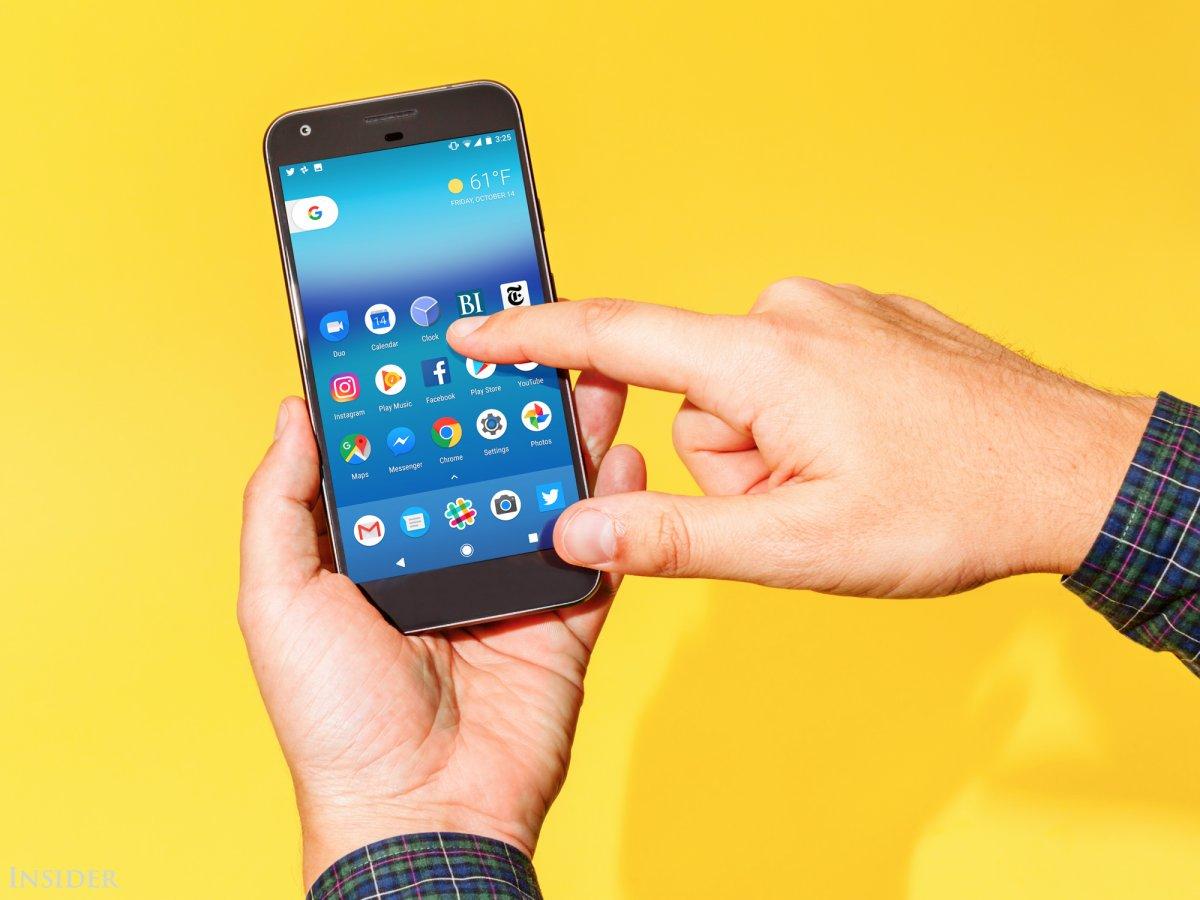
Google's iPhone killer is getting an update.
Last year, Google announced the Google Pixel. It's a high-end smartphone, designed to go toe-to-toe with Apple and show off the very best of Android. And it largely succeeds, receiving rave reviews from critics.
Google has confirmed it will be launching a second-generation Pixel (and the Pixel XL, its larger-screened sibling) in 2017. Major slated changes include an almost edge-to-edge screen (like the one found in the Samsung Galaxy S8 and rumoured to be a feature of the forthcoming iPhone 8), waterproofing, and boosted internal specs.
It's also rumoured to ditch the headphone jack, like the iPhone 7 did in 2016 — a move that may prove controversial.
The first pixel launched in October 2016, so around then seems like a solid bet for its successor too.
A third, larger phone
The Pixel 2 and Pixel 2 XL might not be the only only new phones Google takes the wraps off in 2017.
There rumours that Google will also be launching a third smartphone that's bigger than the other two. Codenamed "Taimen," it wil allegedly be a phablet device with a screen bigger than 5.5-inches, to cater for those in the market foe the largest screen possible.
Another option being considered by Google-watchers is that the Taimen will be a full-blown tablet.
Google Home 2
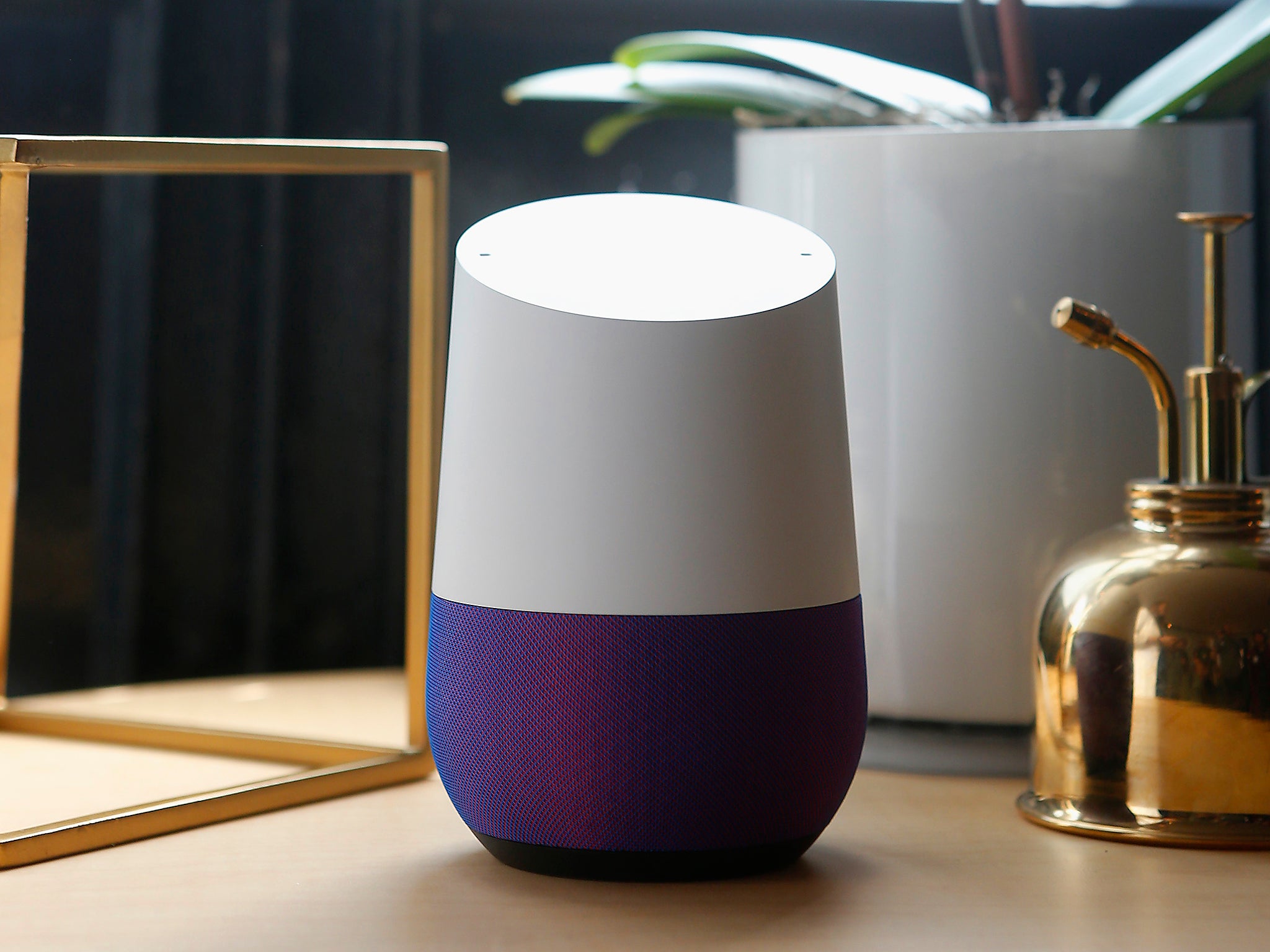
One of the hottest areas in tech right now is smart speakers with virtual assistants.
These control your home, organise your life, play music, and more — and are controlled with nothing but your voice. Amazon was the first major player to enter the field, and its Amazon Echo was a surprise hit. Google is now playing catch-up, and launched the Google Home smart speaker last year.
It is believed to be developing a second-generation version of the device to launch in 2017. What's new? It may be combined with the tech used in Google's mesh wifi router Google Wifi, helping strengthen the internet connection throughout your home.
But it faces stiff competition: Apple is also rumoured to be preparing a smart speaker powered by its AI assistant Siri, and it may launch this summer.
A new phone with Project Tango built in
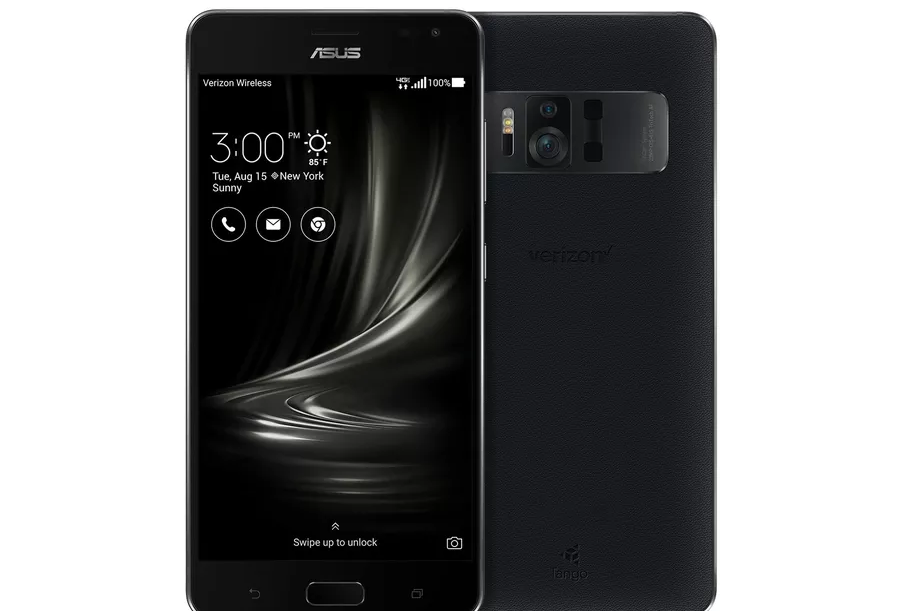
Okay, so the Asus ZenFone AR doesn't strictly belong on this list — it's a smartphone made by Asus, not Google.
But it's worth paying attention to because of the camera tech it's packing. It's the second phone to come with Project Tango — augmented reality tech developed by Google. Its cameras can map the physical space around you and insert virtual objects, whether that's enemies in games or virtual furniture you're thinking of buying.
Project Tango — and AR more generally — is still niche. But it's gradually moving towards the mainstream as the tech needed to support it becomes more sophisticated. The ZenFone AR has a 5.7-inch display, significantly smaller than the mammoth 6.4-inch screen that was needed on the Lenovo Phab2 Pro, the first Android phone to incorporate Project Tango technology.
It will also come out this summer.
And lastly, some notes:
• In October 2016, Google announced the Chromecast Ultra — the latest version of its HDMI dongle that lets you stream video from your smartphone to (almost) any TV. The previous one came out about a year before that, so it doesn't seem unreasonable to guess a new one might drop in late 2017. But there's no hard evidence or any real rumours around that so far.
• Like how Google gives Android to phone makers to make smartphones, it also provides a desktop operating system — Chrome OS — to laptop makers. It previously also had its own flagship Chromebook Pixel laptops, but their future is uncertain. Hardware exec Rick Osterloh said earlier this year the company has "no plans to share at this time."
• This list doesn't include the vast majority of upcoming hardware products using Google software and apps, from Samsung, Motorola, HTC, Asus, and everyone else, of which there are too far many to count.
• Similarly, it doesn't include new apps, software updates, and digital products from Google.
Copyright: Business Insider
Join our commenting forum
Join thought-provoking conversations, follow other Independent readers and see their replies
Comments
Bookmark popover
Removed from bookmarks